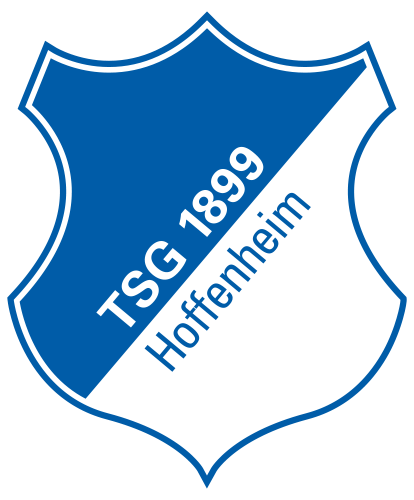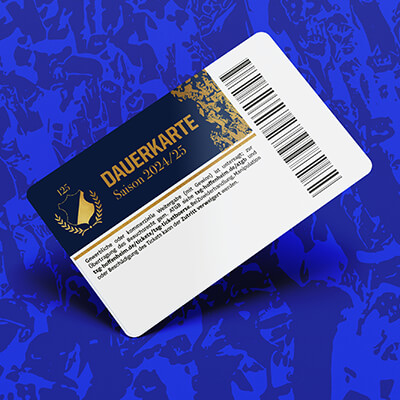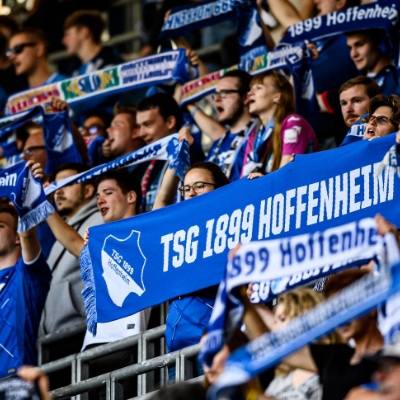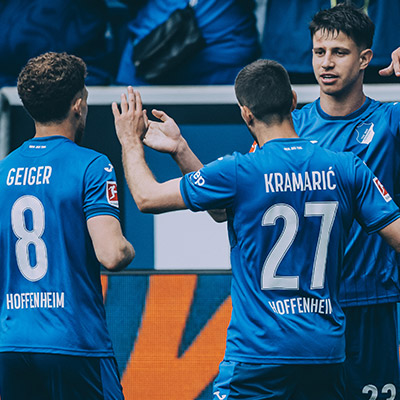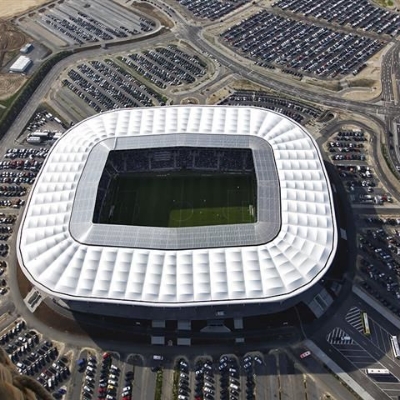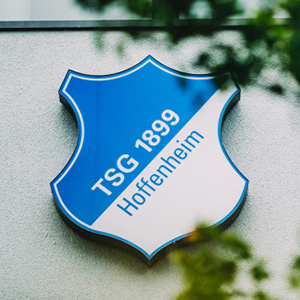Now more than ever: Thank you to the volunteers!
Since 1997, the German Football Association has been implementing measures and campaigns to promote voluntary work through Aktion Ehrenamt (the volunteering campaign). This year, "Thank you to the volunteers" will officially be stated for the 22nd time - in the form of campaign matchdays on the two upcoming weekends (3 to 6, and 10 to 13 December).
Numerous clubs from the Bundesliga, 2. Division, 3. Division, and the FLYERALARM women's Bundesliga are taking part. The DFB will be providing the supporting material for the campaign - from video spots and (LED) banners, to announcements and social media graphics. The campaign matchdays will traditionally be held together with the DFL around International Volunteer Day (5 December).
14 billion euros in value added by amateur football in Germany
The motto is: volunteering is priceless. But is it just a well-intentioned phrase? Absolutely not! Up to 80,000 football games take place in Germany across a normal weekend. More than 1.5 million active players are on the ball. Associations are responsible for organising the leagues. But who takes care of the organisation of individual games locally? Who prepares the sports facilities? Who referees the games? Who makes sure that the teams are properly trained and supervised? The almost 1.6 million volunteers that are committed to these clubs make this possible. Especially in these challenging times, amateur clubs are the foundation of football. They are, and remain, one of the most important social hubs for both the young and old in almost every town and city.
UEFA, in cooperation with ten universities, including German Sport University Cologne, has conducted a pan-European study called UEFA GROW SROI ("Social Return on Invest") to determine the economic value of this activity. Based on data from the 2018/19 season, the social and economic value created by amateur football across Germany alone amounts to almost 14 billion euros for public welfare - arising from footballs' positive effects and the volunteers' commitment. This highlights the fact that football doesn't just convey values, but it also creates value. Sustainably.
How valuable amateur football is: Here is an overview of all the figures from the SROI study
Peter Frymuth, DFB Vice President of Match Operations and Football Development, said: "Football doesn't just convey values, it also creates value. Sustainably. That is what the present numbers emphasise. However, we must always bear in mind that the great achievements of voluntary work at clubs cannot be taken for granted, especially not in times of a pandemic. Our common task in society is to further improve the culture of appreciation and recognition for this. Because volunteering is, and remains, priceless."
Next step: Clubs should soon be able to calculate their own value
For the SROI calculation, researchers used figures from three core areas: economy, society, and health. The nationwide results were already put forward last year and publicly presented by the DFB. According to the results, playing football reduces the risk of illness and therefore health costs amounting to 5.6 billion euros. More than 5.7 billion euros flow into the economy because of amateur football, due to paying for equipment, catering, and travel costs, amongst other things. Social benefits add up to 2.6 billion euros. As a result, amateur football isn't just the most beautiful, but also the most valuable pastime in the world.
Following an expansion to the SROI model, the added value of amateur football can now also be estimated individually for the DFB's 21 regional associations. As part of the next step, every amateur club should be able to easily calculate its own worth, with the help of DFBnet, and use it for its own purposes.
The nationwide data on the social and economic added value of amateur football is to be collected and published every three years, analogous to the sports development report. The next survey is scheduled for the 2022/23 season, meaning the results will be available at the end of 2023.



